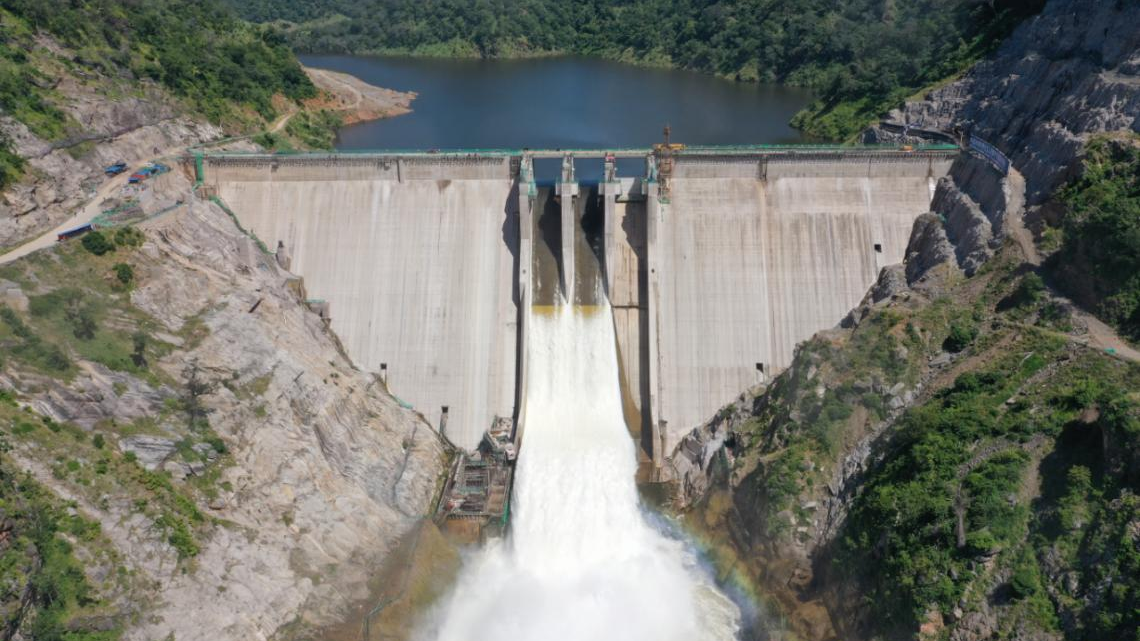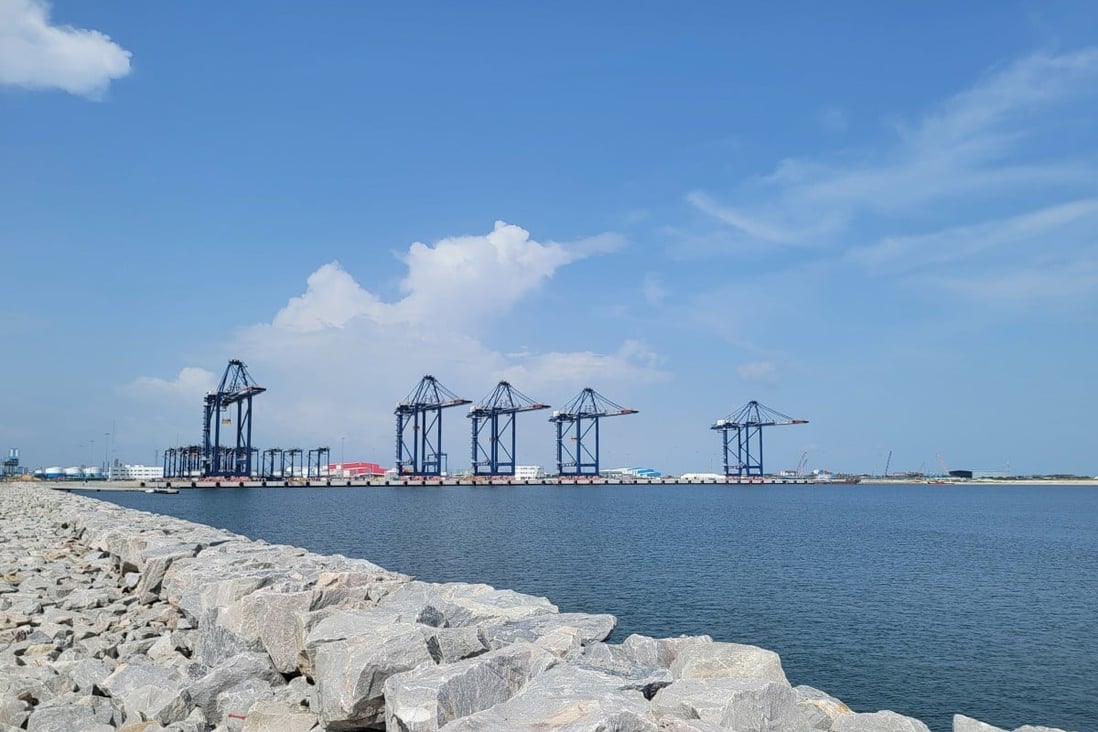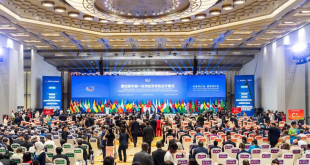Published: February 01,2023
China rebuked Western countries’ claim at Tuesday’s news briefing that China has caused a debt trap in Africa and should bear more responsibility in reducing Zambia’s debt burden, with Mao Ning, spokesperson for the Chinese Foreign Ministry, saying that multilateral financial institutions and Western commercial creditors are the keys to alleviate African debt burden.
The spokesperson, citing figures disclosed by the Zambian Finance Ministry, said that 24% of Zambia’s external debt is owed to multilateral financial institutions and 46% to commercial creditors, mostly Western creditors, which means the two bodies are the keys to reducing Zambia’s debt burden.
She noted that infrastructure projects China financed in Africa are results of win-win cooperation, which promoted local economic development, improved people’s livelihood and enhanced African countries’ capacity for independent and sustainable development.
Taking Kafue Gorge Lower Hydropower Station (KGL) in Zambia which was connected to the grid last year as an example, Mao said that the KGL, a major project financed by China and with a total installed capacity of 750 megawatts, can reduce 663,500 tons of carbon emissions annually.

A general view of Kafue Gorge Lower Hydropower Station (KGL) in Chikankata district, Zambia. /Xinhua
“The financing amount of the project is relatively big, but its economic benefits and financial contribution to Zambia are also significant,” Mao said, “We believe projects such as KGL improved the debt sustainability of Zambia, not the other way around.”
Another reporter also brought up the other two infrastructure projects in Nigeria: Lekki Deep Sea Port and the first phase of the Lagos Blue Line metro route, which were both built by Chinese companies as part of China’s Belt and Road Initiative (BRI) and opened during Chinese New Year holidays.
Nigerian President Muhammadu Buhari attended the opening ceremonies and spoke highly of the important and positive significance of the two projects to Nigeria’s national development.
Mao said that Lekki Deep Sea Port, which can handle 1.2 million standard-sized containers a year, is the largest deepwater port in West Africa and is expected to create nearly $360 billion in overall economic benefits and bring in 170,000 jobs. The Lagos Blue Line metro route is the first metro line in West Africa and will greatly relieve the local traffic pressure and reduce air pollution, Mao said.

The Lekki Deep Sea Port in Lagos, Nigeria. /Xinhua
“The operation of the two projects will open up a new landscape for Nigeria’s economic development and make a good start for China-Africa practical cooperation in the new year,” Mao commented.
Pointing out Chinese Foreign Minister Qin Gang’s visit to Africa early this month, Mao said China always committed to strengthening China-Africa friendship, treating its African friends with honesty and sincerity and cooperating with Africa with efficiency and practicality.
Since the beginning of the 21st century, China has built more than 6,000 kilometers of railways, 6,000 kilometers of roads, nearly 20 ports and over 80 large power facilities in Africa. China has also assisted in building over 130 hospitals and clinics, over 170 schools, 45 sports stadiums and over 500 agricultural projects, Mao said, adding China’s infrastructure projects played an important role in Africa’s economic and social development and improvement of African people’s livelihood.
“We believe that guided by the principles of sincerity, amity and good faith and values of friendship, justice and shared interests, China-Africa cooperation will make more achievements in the new year,” Mao noted.
 Africa -China Review Africa -China Cooperation and Transformation
Africa -China Review Africa -China Cooperation and Transformation
